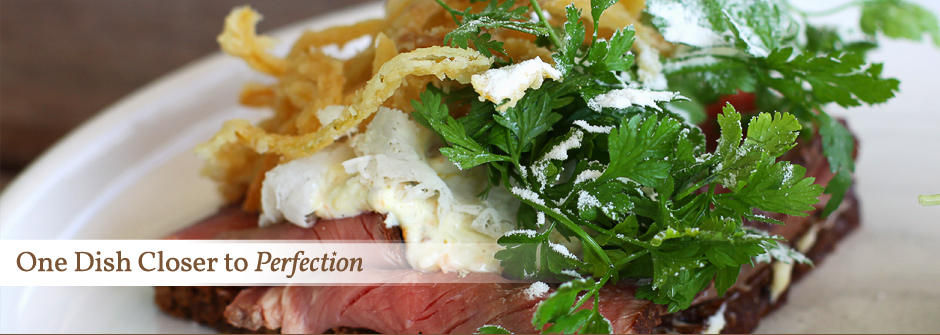I am what I eat: Clare Skelton
 Thursday, December 29, 2016 at 9:26PM
Thursday, December 29, 2016 at 9:26PM 
This post first appeared on the Borough Market website as part of my series, I Am What I Eat, where I explore the links between food and identity, interviewing traders about the foods that are important to them and why. In the second series, I chose to speak to a few people who have interesting or different relationships with food, such as this interview with Clare who has a food intolerance. I discovered in the course of interviewing her that her foodways are also guided by a strong moral and ethical ethos about what is good to eat.
“I love food, but I also like to be healthy and feel good. Generally I think you get to an age where you can’t just carry on abusing the body anymore.”
Clare Skelton started Flax Farm 11 years ago, producing linseed, linseed oil and healthy and delicious snacks, such as flaxjacks and cakes, made with linseed products. She tells me that linseed was her “first real taste of healthy eating that worked.”
Clare suffers from terrible back pain, joint problems and rosacea. She thinks these issues are either related to a severe wheat intolerance or leaky gut syndrome, which can flare up if you eat wheat. She hasn’t been diagnosed, but she saw a huge improvement when she cut out wheat and introduced linseed into her diet.
 Vix |
Vix |  Post a Comment |
Post a Comment |  Borough Market,
Borough Market,  I Am What I Eat,
I Am What I Eat,  ethics,
ethics,  food intolerance,
food intolerance,  healthy living in
healthy living in  Identity
Identity 

